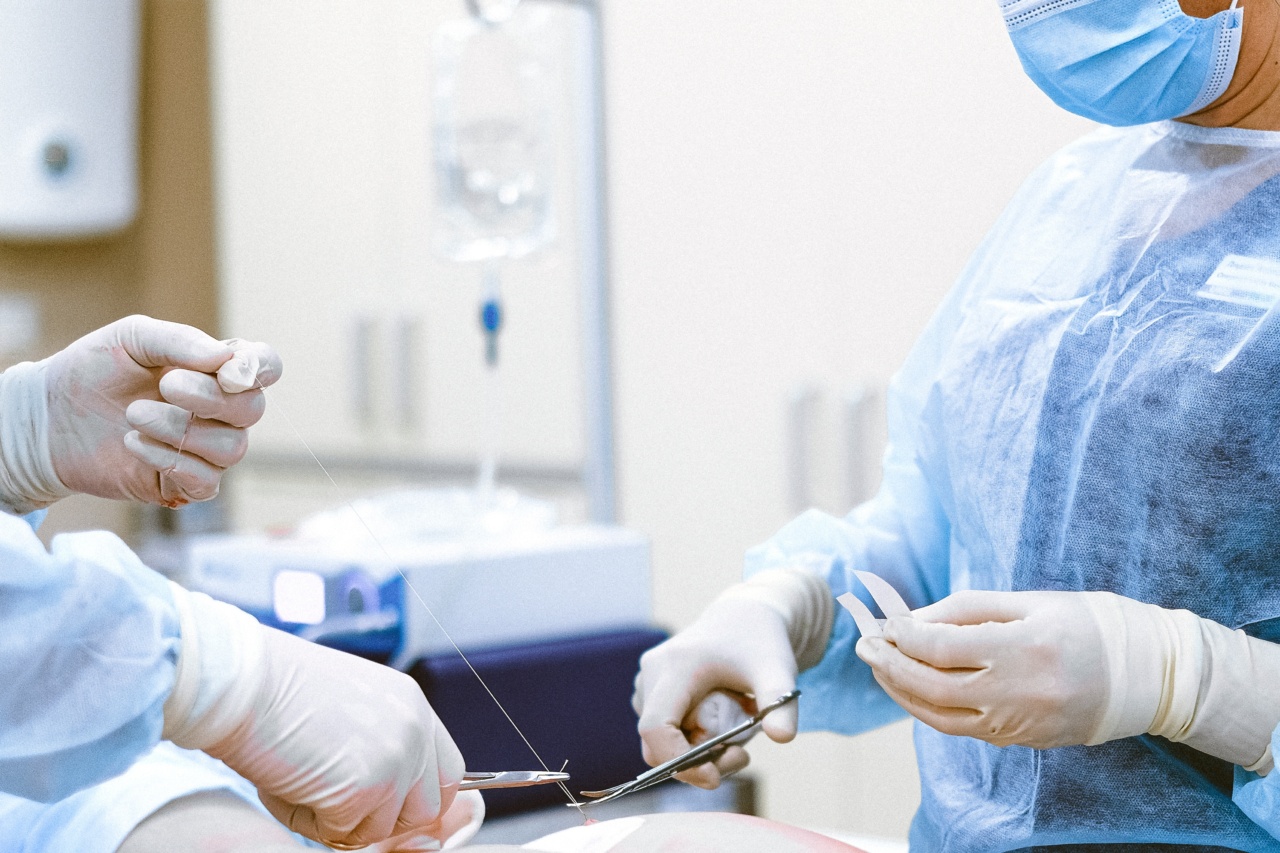Diarrhea is a common condition that can be quite inconvenient and uncomfortable. Whether caused by a virus, bacteria, or even certain medications, it’s essential to find a fast-acting diarrhea treatment to alleviate symptoms.
In this article, we consulted with two doctors to provide expert advice on the best treatment options available.
Understanding Diarrhea
Before delving into the treatment options, let’s understand what diarrhea actually is. Diarrhea is characterized by loose, watery stools occurring more frequently than usual.
It may be accompanied by other symptoms such as abdominal pain, bloating, and cramping.
When to Seek Medical Help
While most cases of diarrhea can be managed at home, it’s crucial to know when to seek medical help. According to Dr. Smith, a gastroenterologist, you should consult a doctor if:.
- The diarrhea lasts for more than two days
- Blood or mucus is present in the stool
- You experience severe abdominal pain or cramping
- You have a high fever
- You notice signs of dehydration, such as excessive thirst, dry mouth, or dark urine
These symptoms may indicate an underlying condition that requires medical attention.
Treatment Options
When it comes to fast-acting diarrhea treatment, there are several options to consider. We reached out to Dr. Johnson, an internist, who provided detailed insights into some of the most effective treatments available:.
1. Oral Rehydration Solution (ORS)
ORS is an electrolyte solution that helps replenish fluids and important minerals lost during diarrhea. Dr. Johnson emphasizes the importance of choosing a pre-packaged ORS, especially if traveling in areas with poor sanitation.
ORS is available without a prescription and can be found at most pharmacies.
2. Over-the-Counter (OTC) Anti-Diarrheal Medications
OTC anti-diarrheal medications such as loperamide can provide quick relief from diarrhea symptoms. However, Dr.
Smith advises caution when using these medications, as they may only provide temporary relief and should not be used if there is a high fever or blood in the stool.
3. Antibiotics
In certain cases, antibiotics may be necessary to treat bacterial infections that cause diarrhea. However, it’s essential to consult a doctor before starting antibiotic treatment to ensure the appropriate medication is prescribed.
4. Probiotics
Probiotics are beneficial bacteria that can help restore the natural balance of your gut flora. Dr. Johnson suggests considering probiotic supplements or consuming probiotic-rich foods such as yogurt, kefir, or sauerkraut to aid in diarrhea recovery.
5. Dietary Changes
Both doctors unanimously agreed that making dietary changes can play a significant role in alleviating diarrhea. Dr.
Smith advises sticking to BRAT foods (bananas, rice, applesauce, and toast) initially, as they are easy to digest and may help firm up stools. Gradually reintroducing other foods, such as lean proteins and vegetables, is recommended as symptoms improve.
6. Hydration
Fluid loss through diarrhea can lead to dehydration, which can further worsen symptoms. Dr. Johnson emphasizes the importance of staying hydrated by drinking plenty of water, clear broths, and other electrolyte-rich fluids such as coconut water.
Preventive Measures
Preventing diarrhea is always better than dealing with the symptoms. Dr. Smith provides the following tips to reduce the risk of diarrhea:.
- Practice proper hand hygiene, especially before eating and after using the restroom
- Drink clean and treated water
- Avoid consuming undercooked or raw foods
- Be cautious about food hygiene when traveling to foreign countries
- Stay up to date with recommended vaccinations
Final Thoughts
While diarrhea can be an uncomfortable experience, there are numerous fast-acting treatment options available. However, it’s always advisable to consult with a healthcare professional for an accurate diagnosis and appropriate treatment plan.
By following their expert advice and taking necessary preventive measures, you can effectively manage diarrhea and minimize its impact on your daily life.































